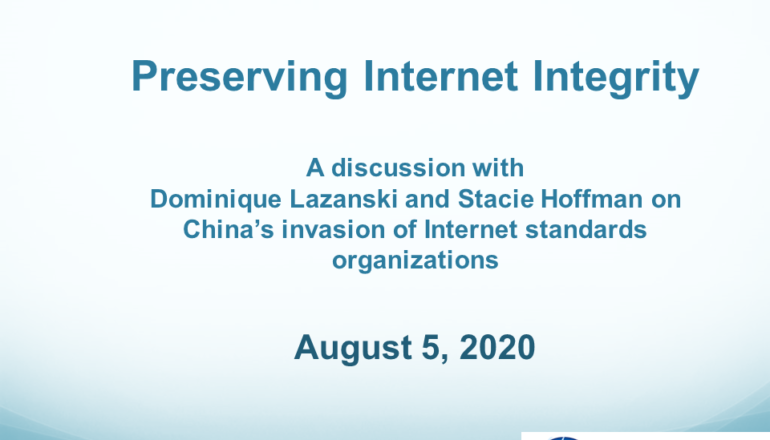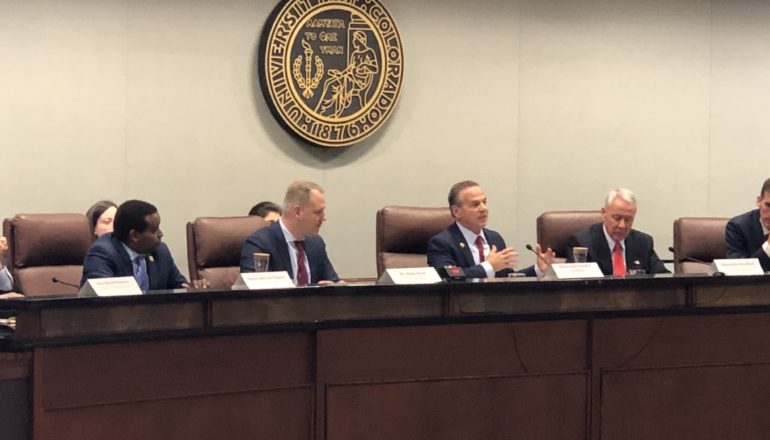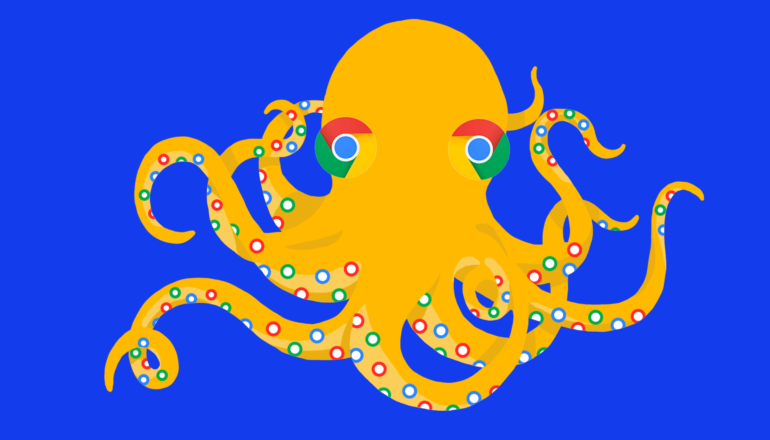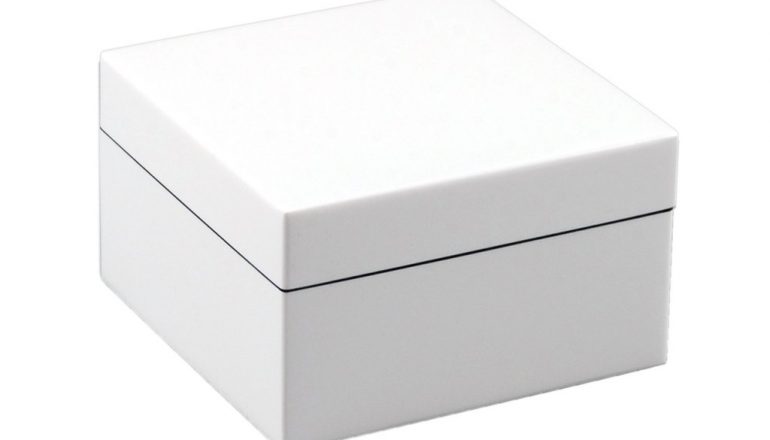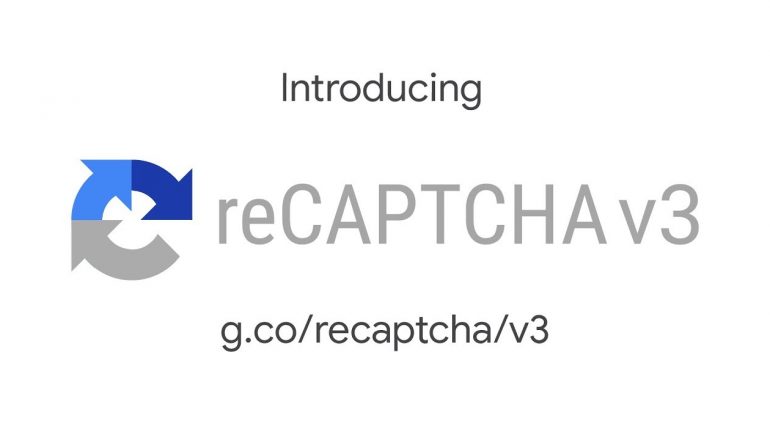Net Neutrality Reply Comments
Rather than going forward with backward-looking Title II regulations it would be wise for the FCC to issue a Further NPRM seeking comment on the state of competition in the Broadband ISP market. The NPRM barely touches this topic, but it’s actually at the center of the current issue set. There is much the Agency can do to accelerate the transition from a wire-dominant broadband regime to a wireless future in which the Internet is fully pervasive.
Preserving Internet Integrity
A discussion with Dominique Lazanski and Stacie Hoffman on China’s invasion of Internet standards organizations
Working with COVID-19
Silicon Valley is full of firms that are tracking our movements and recording our contacts today. This is how Google and Facebook make a living, and they’re going to keep on doing it whether their datasets and computer power are used to sell ads or to protect public health.
Shane and Richard on Dominant Platforms and Market Power
So we have a number of issues that may or may not be lawful but are pretty clearly unfair and anti-competitive. What’s Congress going to do about platform power and competition? This question remains to be answered, but the podcast suggests a good way for it to start.
With Friends Like Google…
A tip for the politicians of the future who want to address the markets for information and influence: don’t forget to buy your Google Ad Words or you’ll never get elected.
5G and the Zero Trust Security Model
More than anything, we need network components that are inexpensive and capable of taking part in a comprehensive system of self-checking. We’re more likely to get such a system by building it collaboratively.
DoH Creates More Problems than it Solves
We need to redesign DoH so that it works with DHCP and local policies, not against them. The layered architecture of the Internet and the distributed nature of DNS become nothing more than cruel jokes if this standard is rolled out in its current form.
Stacie Hoffman on DoH
[powerpress] In this podcast, DNS expert Stacie Hoffman explains issues with new Internet protocol known as DNS over HTTPS (DoH.) This dubious piece of work creates a number of operational…
Is it Time to Reboot Internet Policy?
None of the proposals for ISP regulation or platform regulation currently in the mix are very good. If the Internet is good for anything, it’s a great disruptor. Is is too much to ask it to disrupt its own policy frameworks toward the goal of producing more of the good and less of the bad?
reCAPTCHA: I’m Not a Robot But I’m Not Sure About You
Google is not a charitable enterprise, and essentially all of its income is made by monetizing personal information.




